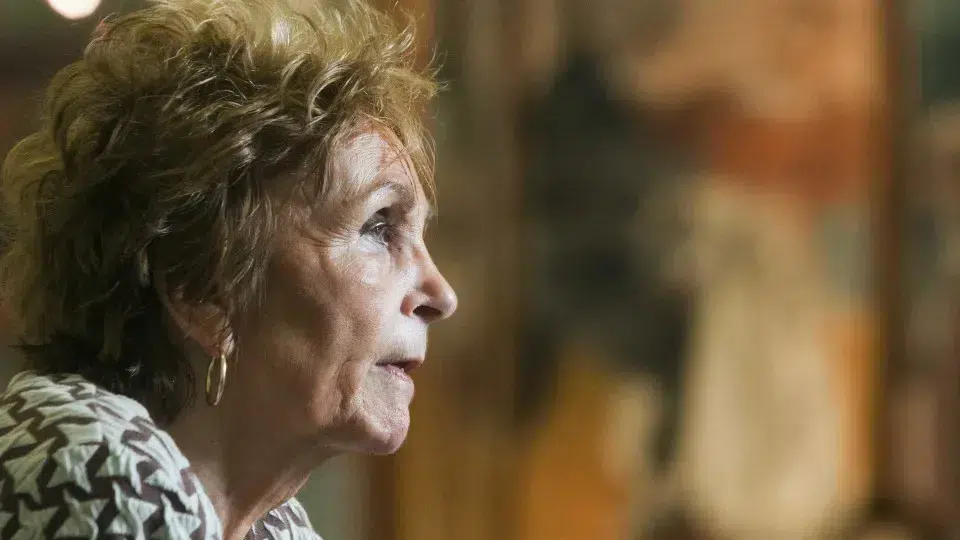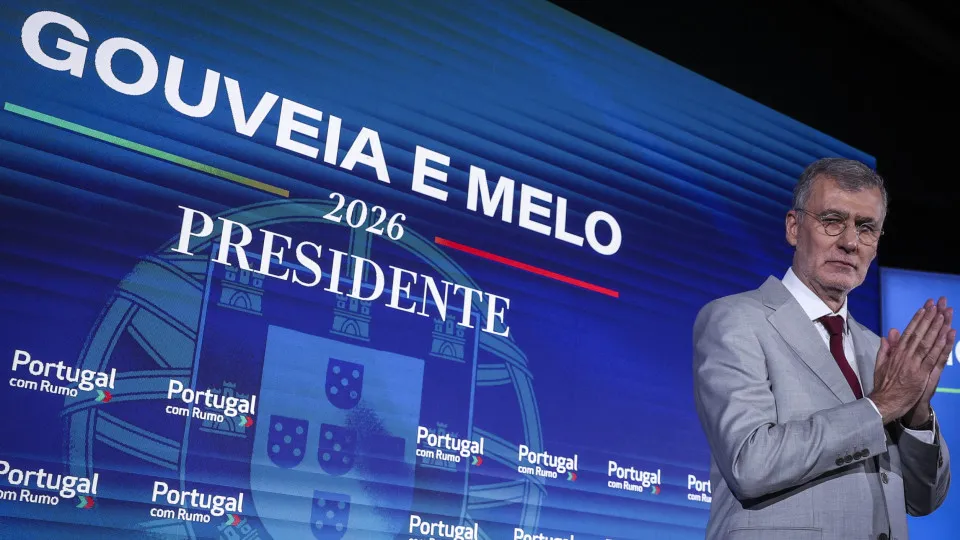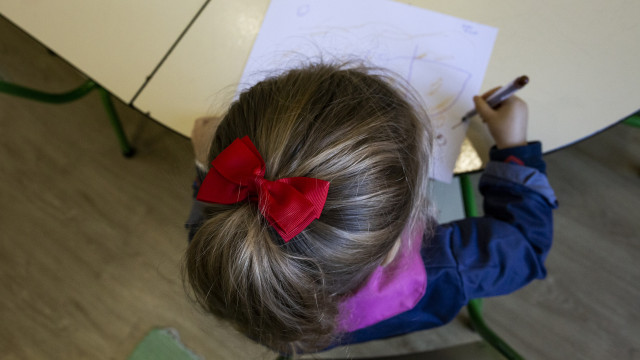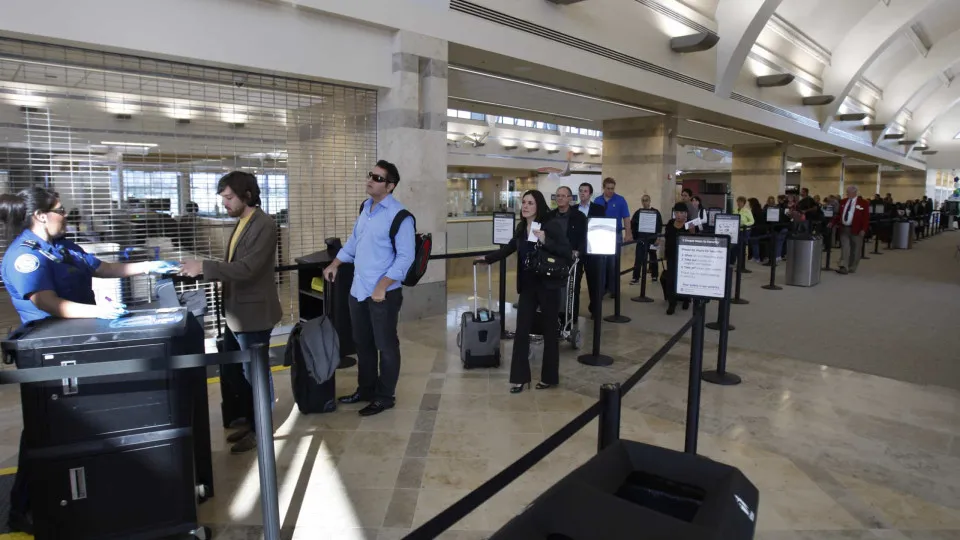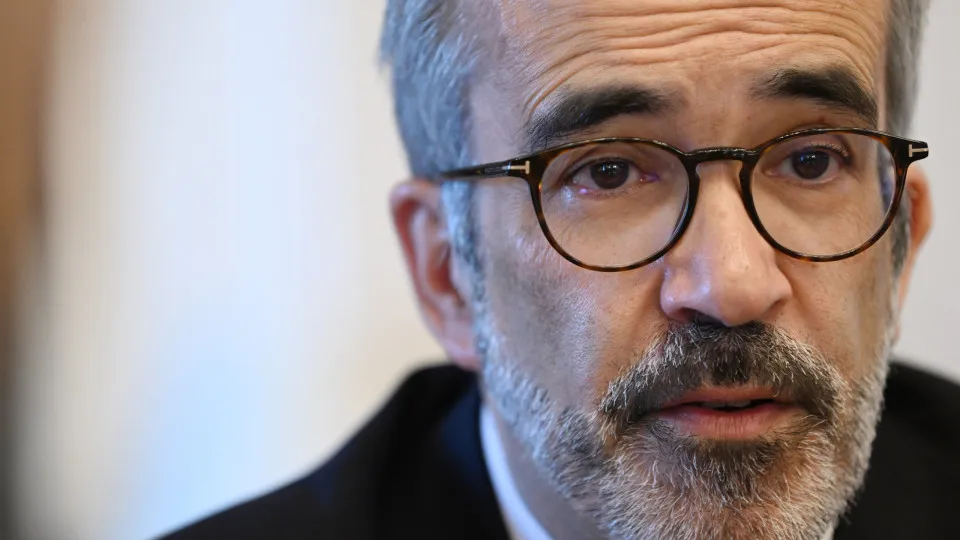
“There is a very significant intensification of relations between Portugal and Turkey,” stated Paulo Rangel in a phone interview from Ankara, following a meeting with his Turkish counterpart, Hakan Fidan.
In recent weeks, the Portuguese Minister of Infrastructure and Housing, Miguel Pinto Luz, and the Foreign Minister, visited Turkey, and next week, the Minister of Economy, Manuel Castro Almeida, will travel there, indicating “an intense exchange of agendas in the economic, cultural, and political domains,” according to Rangel.
Rangel emphasized the importance of his meeting with Fidan in bringing new dynamics to Turkey-Portugal relations.
Among the topics discussed at the bilateral meeting, followed by a working lunch, was the preparation for the celebration of 100 years of diplomatic relations between Lisbon and Ankara, which may include “a high-level government meeting” next year.
The Portuguese Minister of State highlighted that despite the distance, Portugal and Turkey share common ground as two countries on the European periphery.
“There is a proximity related to both being gateways into and out of Europe, one towards the Euro-Asian front and the other towards the Euro-Atlantic,” he said, noting their roles in connecting Europe to the rest of the world.
On the bilateral front, Rangel noted that the economic relationship currently “disadvantages Portugal” but has been “significantly intensifying and has every condition to improve greatly.”
The daily air links between the two countries have led to “a very significant increase in reciprocal tourism,” with new routes planned, for instance, to Izmir, Turkey’s third-largest city, and the capital, Ankara.
There are also opportunities for defense cooperation as both countries are NATO members, given the Atlantic Alliance’s planned increase in sector investment.
Another area is cooperation in Africa, the minister noted, highlighting Turkey’s expanding presence on the continent, where Portugal has “a significant presence.” Lisbon and Ankara are analyzing how to undertake triangular cooperation “in Portuguese-Turkish projects in different African countries, not only in those where Portuguese is spoken.”
Additionally, Turkey is an observer of the Community of Portuguese Language Countries (CPLP).
On a cultural level, Portugal aims to promote Portuguese language teaching, currently reaching 162 Turkish students.
Regarding Turkey’s stalled EU accession, the minister mentioned that the Turkish government expects Portugal’s “good offices” to “help close dossiers” on issues such as visas, fiscal matters, or the EU-Turkey customs union agreement, “regardless of the process speed.”
On a multilateral level, the two ministers discussed Ankara’s “highly significant role” in negotiations alongside Qatar and Egypt to get the [Islamist movement] Hamas to accept the conditions of the so-called ‘Trump plan’ for the ceasefire in Gaza, in effect since last Friday, as the second phase is being prepared.
Rangel further highlighted Turkey’s mediation role in the Ukraine-Russia conflict, “the only successful one so far,” which essentially facilitated the exchange of prisoners and soldiers’ bodies, another topic discussed during today’s meeting.

